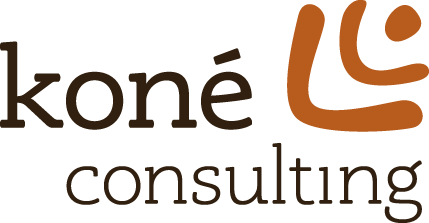May is Mental Health Awareness Month
Did you know May is mental health awareness month? This year marks 70 years since Mental Health America started mental health month to raise awareness. We’ve learned a lot in 70 years about mental health, the people experiencing mental health conditions, and which treatments are more effective. For example, we know that one in five adults in the U.S. experience a mental health condition in a given year and factors such as poverty, housing, race, education, gender and even zip code - the social determinants of health - play a role in the development of both mental and physical health conditions.
Most importantly, we know we have more work to do to help people experiencing mental health conditions. Suicide is preventable with effective care and yet it is the 10th leading cause of death in the U.S. Suicide rates are rapidly rising, especially among teens, young adults and veterans. Most people can experience relief from mental health symptoms through support, recovery and treatment, and yet less than half of the adults in the U.S. get the help they need and deserve. Prevention, early identification, intervention and integrated services work, so what stops people from getting help? Common barriers include the cost of mental health care and insurance, structural barriers like transportation, and prejudice and discrimination.
Click to enlarge or download from NAMI.
Though I believe we should be working to address all barriers to treatment, prejudice and discrimination is the one that you and I can do something about because they are related to stigma. Navigating life with a mental health condition can be tough in itself, and the isolation, blame and secrecy that is exacerbated by stigma stops people from reaching out and getting support. Stigma is one reason it typically takes ten years from the time early symptoms of mental health present until someone gets an accurate diagnosis and proper treatment. Stigma is one reason why as a society we see mental illness and substance use disorders differently than physical illness and show less compassion instead of more. Stigma is what we are fighting by dedicating a month to mental health awareness. It is important that we talk openly about mental health, educate ourselves and others, show compassion and break down the portrayed barriers between mental and physical health.
This is something that I am (obviously) passionate about and I have dedicated most of my career to helping people who are experiencing homelessness, mental illness and substance use disorders. I continue to work towards improving services for people with mental health conditions and through Koné Consulting I have worked on a statewide behavioral health assessment and on Washington State’s efforts towards Fully Integrated Managed Care. It is also why I am excited about starting a new strategic planning project with the University of Washington AIMS (Advancing Integrated Mental Health Solutions) Center - known for their nationally recognized Collaborative Care model of integrating mental health and substance use disorder services into primary care.
To learn more about mental health, find support or get involved in advocacy issues, please check out the National Alliance on Mental Illness.
Take good care,
Karin

